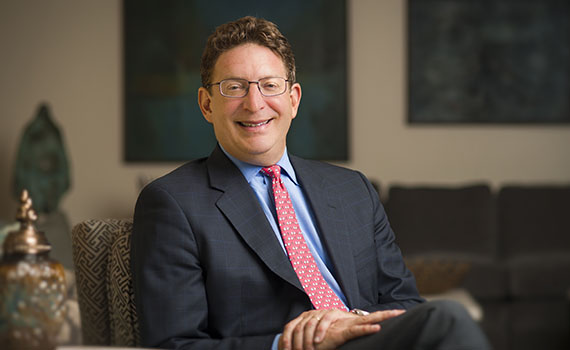A July 11 , co-authored by şÚÁĎÍř President and , director of the Johannesburg-based , examines the World Bank’s diminishing role in Africa while encouraging the institution to steer away from investing in poorly run governments.
Herbst and Mills in the Times on July 29, 2012, and have collaborated on a number of publications, including .
“In Africa, considered the investment laggard among developing countries and the most in need of aid, World Bank spending was just $5.6 billion in 2011, versus over $46 billion in foreign direct investment,” they wrote.
As returns on investment in African nations increase, the continent is becoming more appealing to private firms and foreign governments, even as such investment continues to carry risks associated with developing countries. Such increases in private funding diminish World Bank influence on African governments.
“The World Bank must be free to walk away from poorly governed areas, even though its own internal dynamics point to continuing to try to lend money,” they wrote.
Having served as an adviser to the World Bank, the United Nations, and the U.S. State Department, is a preeminent scholar of the politics of sub-Saharan Africa. His published work also includes , and he has regularly traveled to Zimbabwe, Ghana, and South Africa for his research.
